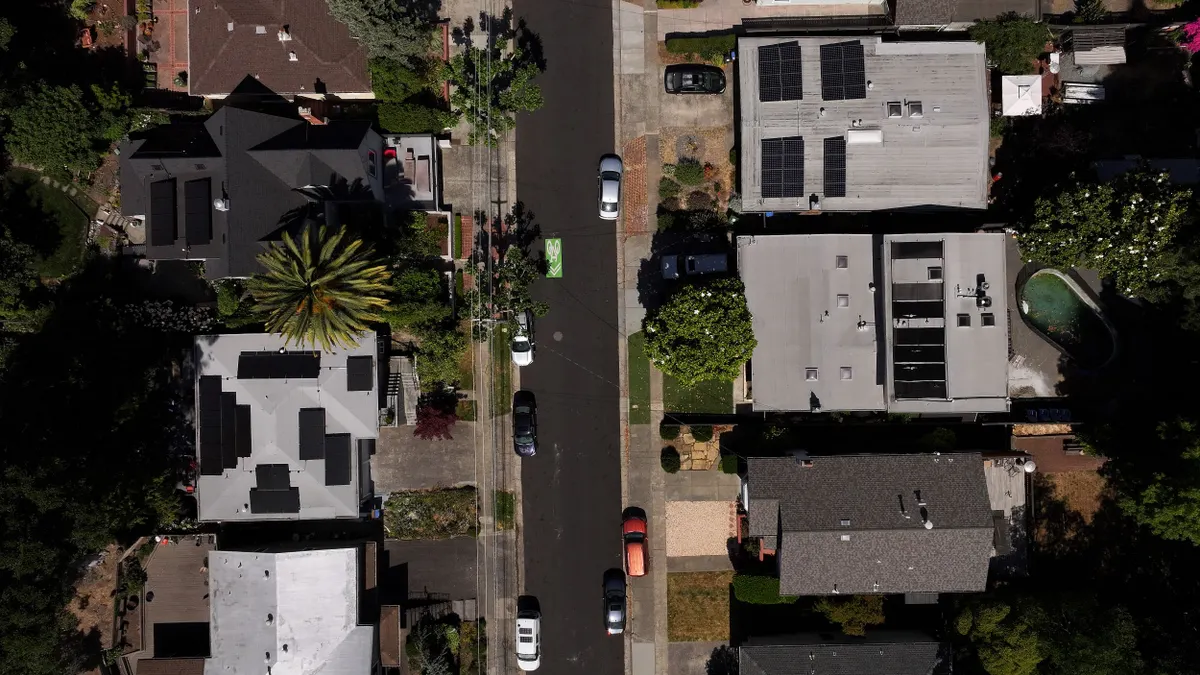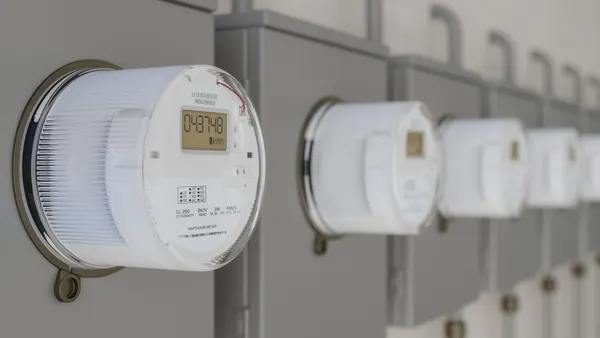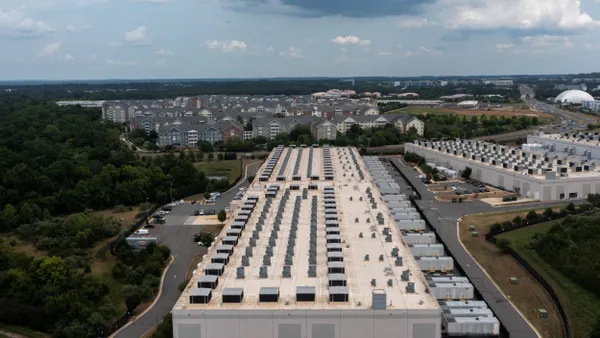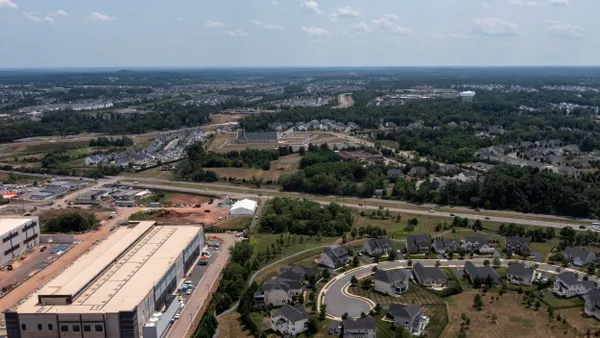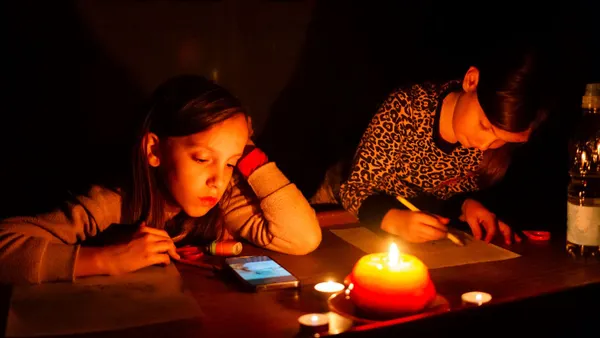Dive Brief:
- American Electric Power (AEP) and Honda have agreed to explore possible uses for used electric vehicle (EV) batteries, including renewables integration, while also seeking to address "multiple challenges" related to growing electrified transportation.
- The companies on May 15 announced Honda will provide used Fit EV batteries to AEP, for research aimed at helping the companies "develop technology and standards for future vehicle grid integration," as well as new business models surrounding EVs
- With millions of EVs expected to be hitting the roads soon, automakers and the energy industry are preparing for a stream of used batteries. Nissan, Hyundai and BMW all announced partnerships involving used batteries last year.
Dive Insight:
There are slightly more than 1 million EVs on the road in the United States, but that figure is expected to rise quickly. As it does, a steady stream of used batteries no longer suitable for vehicles will become available for use in a range of energy storage applications at discounted prices.
Experts say a typical EV battery would be replaced after about 10 years, having lost about 10% to 15% of its capacity. But these batteries can still have years of life left in them for other applications, and Honda and AEP say they see opportunities to improve energy security, reduce carbon dioxide emissions and prepare for broad scale electrification of transportation.
"Neither automakers nor utilities can address these complex technical, policy and business issues alone," Ryan Harty, manager of connected and environmental business at American Honda Motor, said in a statement.
Honda launched the Fit EV in 2012, part of the automaker's bid to electrify two-thirds of its fleet by 2030. The company is also developing vehicle grid integration solutions, including a proprietary smart charging program that incentivizes Honda EV customers to charge their vehicles when there is more renewable energy on the grid.
Honda and AEP say the knowledge gained from the pilot can help the companies to develop "technology and standards for future vehicle grid integration, as well as new business models to improve the value of EVs."
Other automakers have found eager partners in the energy industry as well.
Nissan and EDF Energy in October announced they would work together on a project combining second-life batteries with demand response capabilities developed by the U.K. energy company. Last summer, tech group Wärtsilä and Hyundai Motor Group announced a partnership to help develop a market for advanced energy storage systems utilizing used EV batteries in utility-scale and commercial applications.
And an EVgo EV charging station in California began using second-life BMW i3 batteries last summer to reduce its reliance on the electric grid during times of peak demand.
Honda has other EV-focused work going on as well. Nikkei Asian Review reports the company is also working with GM on ways blockchain can enable grid integration of EVs, including possible two-way power flows.






